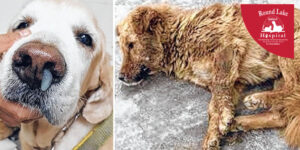As the weather warms, allergens flourish, posing a serious threat to pets. Pollen levels spike, mold spores thrive in humid conditions, and insects become more active.
Grasses, weeds, and flowering plants release microscopic particles into the air, triggering allergic reactions in susceptible animals.
Fleas, ticks, and mosquitoes are not just irritants—they are also potent allergy instigators.
Even household dust mites, exacerbated by increased humidity, can contribute to seasonal allergic flare-ups.
Pets that spend more time outdoors during these months are especially vulnerable to environmental allergens, making prevention and early intervention critical.
Recognizing Allergy Symptoms in Pets
Unlike humans, pets rarely show allergies through sneezing alone. Instead, they exhibit symptoms such as relentless itching, red or inflamed skin, and excessive paw licking.
Their eyes may become watery and irritated, or they may suffer from recurrent ear infections. Some pets develop respiratory issues, presenting as wheezing, coughing, or labored breathing.
Gastrointestinal distress, including vomiting and diarrhea, is another lesser-known indicator of allergic reactions.
Since these symptoms can mimic other medical conditions, pet owners must remain vigilant and seek veterinary care at the earliest signs of discomfort.
High-Risk Breeds and Factors That Increase Susceptibility
Certain breeds have a genetic predisposition to seasonal allergies. In dogs, breeds like Golden Retrievers, Labrador Retrievers, Bulldogs, and Pugs are commonly affected due to their heightened immune responses.
In cats, Siamese and Persian breeds tend to be more sensitive. Age is another determinant—young pets experiencing their first allergy season and senior animals with weakened immune systems are particularly susceptible.
Environmental exposure plays a role as well; pets living in urban areas with high pollution levels often show exacerbated allergic reactions compared to their rural counterparts.
How Seasonal Allergies Impact a Pet’s Overall Health
Untreated allergies can significantly degrade a pet’s quality of life. Constant scratching and biting at the skin can lead to secondary bacterial and fungal infections, further complicating treatment.
Chronic inflammation may result in dermatitis, leaving the skin raw, cracked, and painful. Long-term respiratory distress can strain the heart and lungs, increasing the risk of more severe conditions.
Behavioral changes, such as restlessness, anxiety, and aggression, may also emerge due to persistent discomfort. Addressing allergies promptly is essential to prevent long-lasting health repercussions.
Diagnosis: How Vets Identify Seasonal Allergies
Veterinarians employ a combination of clinical examinations and diagnostic testing to pinpoint allergies. Skin tests, where small amounts of allergens are introduced to measure reactions, are commonly used.
Blood tests help detect elevated antibody levels associated with allergic responses. In some cases, elimination trials—removing potential allergens from the pet’s environment—are necessary to isolate the exact trigger.
At Round Lake Animal Hospital, we utilize advanced diagnostic tools to accurately identify seasonal allergies, ensuring that each pet receives tailored treatment. Also see our Round Lake Veterinary Laboratory, having advanced diagnostic tools and equipment from USA.
Treatment Options for Managing Seasonal Allergies

Veterinary treatment focuses on symptom relief and long-term management. Antihistamines can curb mild allergic reactions, while corticosteroids are prescribed for more severe cases.
Immunotherapy, involving allergy shots tailored to the pet’s specific triggers, provides long-term relief for chronic sufferers.
Medicated shampoos, topical creams, and prescription-strength wipes soothe irritated skin. In cases where secondary infections have developed, antibiotics or antifungal medications may be necessary.
Our expert team at Round Lake Animal Hospital formulates customized treatment plans for each pet, ensuring the highest level of care.
Preventive Measures to Keep Pets Safe
Prevention is key in managing seasonal allergies. Regular grooming helps remove pollen, dust, and other allergens from the pet’s coat.
Air purifiers and dehumidifiers can reduce indoor allergen levels, creating a safer environment. Washing pet bedding frequently and vacuuming carpets with HEPA filters minimizes exposure to dust mites.
Reducing outdoor exposure during peak pollen times, typically early morning and late evening, can also lessen allergic reactions.
Pet-safe antihistamines and prescribed allergy medications, administered under veterinary supervision, further protect at-risk animals.
Outdoor Safety: Protecting Your Pet During Allergy Season
Outdoor activities pose heightened risks for allergic pets. Rinsing paws and wiping down fur after walks prevents pollen buildup.
Protective pet clothing, such as lightweight jackets, shields skin from direct allergen contact. Creating a pet-friendly yard by minimizing high-pollen plants and keeping grass trimmed reduces exposure.
Avoiding freshly cut grass and damp areas where mold thrives further safeguards pets. Our veterinarians at Round Lake Animal Hospital provide personalized outdoor safety guidelines tailored to each pet’s unique needs.
Nutrition’s Role in Strengthening an Allergy-Resistant Immune System
Diet plays a crucial role in managing allergies. Omega-3 fatty acids, found in fish oil, help reduce inflammation and improve skin health.
Antioxidant-rich foods, such as blueberries and carrots, strengthen the immune system. Probiotics support gut health, balancing immune responses to allergens.
Switching to hypoallergenic pet food, free from artificial additives and common allergens like soy, wheat, and dairy, can further minimize allergic reactions.
Our veterinary team provides expert nutritional guidance, recommending customized diets to fortify pets against seasonal allergies.
When to Seek Emergency Veterinary Care
Severe allergic reactions require immediate medical attention. Symptoms such as difficulty breathing, swelling of the face or throat, sudden collapse, and uncontrollable vomiting indicate a life-threatening condition known as anaphylaxis.
Pets exhibiting these signs must be rushed to a veterinary facility without delay. At Round Lake Animal Hospital, we are equipped with world-class emergency care facilities.
Our team includes the best doctors in Lahore, renowned surgeons, and leading veterinary mentors from across Pakistan. Our expertise in critical care ensures that pets receive lifesaving treatment in allergy-related emergencies.
Conclusion
Seasonal allergies in pets are more than just a seasonal nuisance—they can become serious health concerns if left untreated. Identifying triggers, recognizing symptoms early, and seeking veterinary care are essential in protecting pets from prolonged suffering.
With expert diagnosis, targeted treatments, and preventive measures, allergies can be managed effectively. At Round Lake Animal Hospital, we provide comprehensive allergy care, ensuring that pets enjoy a comfortable, symptom-free life.
Do not wait for symptoms to escalate—schedule an appointment today and give your pet the relief they deserve.






